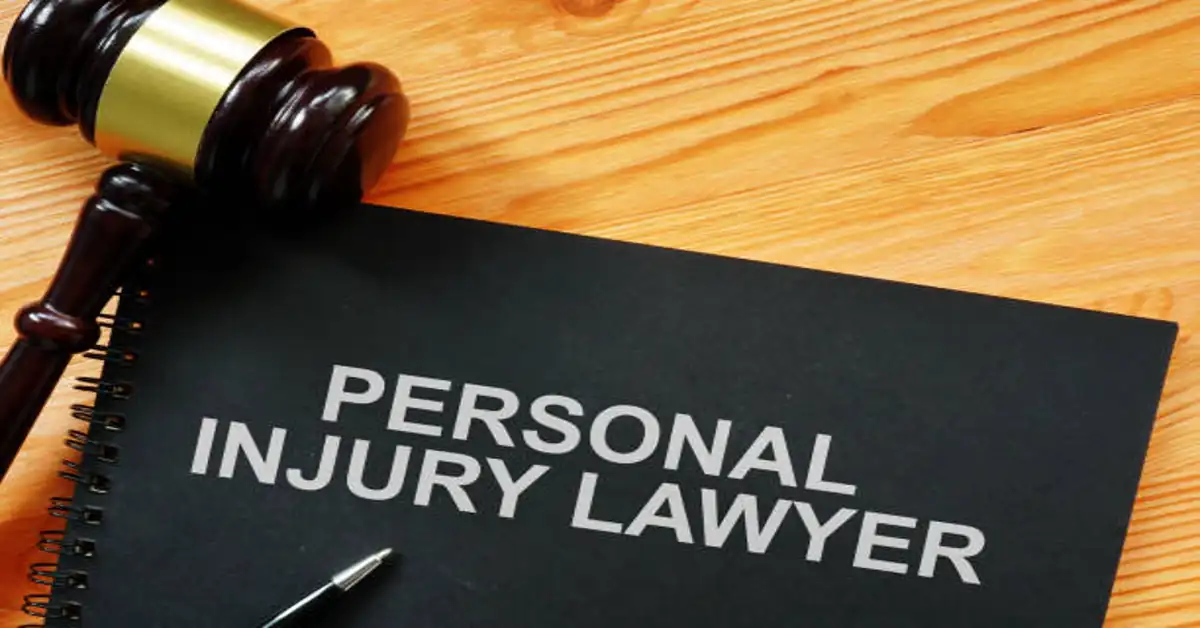When it comes to personal injury cases, victims have a lot on their minds. From recovering physically and emotionally to dealing with medical bills and lost wages, the process can be overwhelming and daunting. However, one of the most important aspects of a successful personal injury case is proving certain elements to receive compensation for damages. You need the right attorneys to file a personal injury claim on your behalf and represent your interests effectively.
This blog post will discuss the four essential elements that victims should prove in a personal injury case.
Duty of Care
The first element that must be proven is duty. As mentioned, this means that the defendant was responsible for acting reasonably towards the victim. In most personal injury cases, this duty is automatically established, such as in car accidents where drivers must follow traffic laws and drive safely.
Breach of Duty
Once it has been established that the victim owed a duty, the next step is proving that the defendant breached it. This can include reckless driving, failure to maintain safe premises, or any other action against the duty of care. In some cases, it can also include a failure to act, such as not providing proper warning signs for potential hazards on a property.
Causation
The third element that must be proven is causation. This means that the defendant’s breach of duty directly caused harm to the victim. To prove this, victims may need to provide evidence such as medical records and expert testimony to show the link between their injuries and the defendant’s actions.
Damages
Finally, for a personal injury case to proceed, the plaintiff must demonstrate that they suffered actual damages. This can include physical injuries, emotional distress, or financial losses such as medical bills and lost wages. Without provable damages, there’s no basis for compensation, even if the other elements of personal injury are present.
Why These Elements Are Important

Proving these four elements is crucial in a personal injury case because it allows victims to demonstrate that the defendant was responsible for their injuries and should be held accountable for the damages. Without establishing duty of care, breach of duty, causation, and damages, it would be difficult for victims to receive fair compensation for their losses.
The Burden of Proof
In a personal injury case, the burden of proof falls on the victim or plaintiff. This means they are responsible for gathering evidence and presenting a solid case to prove these elements and ultimately win their case. Victims should work closely with their legal team to collect and present all necessary evidence effectively.
How an Experienced Attorney Can Help
Navigating a personal injury case can be overwhelming for victims, especially when dealing with injuries and other consequences of the incident. This is why it is crucial to have an experienced personal injury attorney who can help gather evidence, negotiate with insurance companies, and present a strong case in court. With their knowledge and experience, they can guide victims through the legal process and fight for their rights.
Final Wrap
In personal injury cases, victims must prove four essential elements: negligence, duty, breach of duty, and causation. These elements establish the defendant’s responsibility for the victim’s injuries and are crucial in receiving fair compensation. Victims must work closely with their legal team and seek guidance from experienced attorneys to navigate the complex legal process and achieve a successful outcome.









